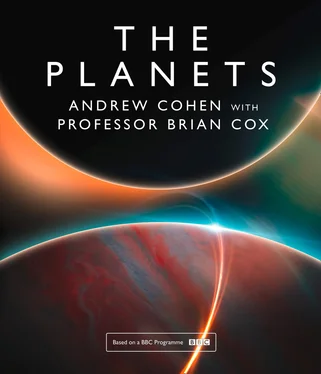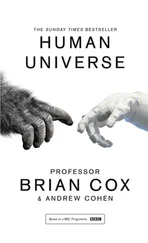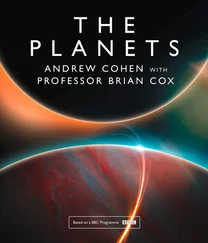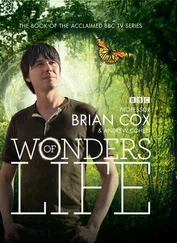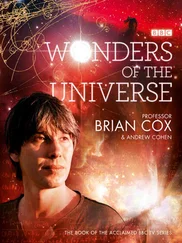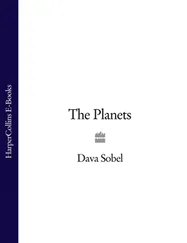To make sense of the climate of this Earth-like Venus, the team at the Goddard Institute needed to make another tweak (or postulation, to be more precise) to the model. With the Sun hitting the one side of the surface for so much longer than on the Earth, the evaporation rate of the oceans would be far greater and potentially incompatible with the water world we suspect existed, but by simply adjusting the amount of dry land on the surface of Venus, especially in the Tropics, the effect is dramatic. With a higher percentage of land, the models suggest that even the slow rotation would not dry out the planet, and it could have held on to enough water to be ripe for supporting the emergence of life.
By combining all of this data, the GISS team have painted our most up-to-date picture of early Venus, and it’s a beguiling image. Within the infant Solar System, it is a planet the size of Earth with a similar atmosphere to the one we see today. On Venus days lasted for months as the Sun arced slowly across the sky from west to east, rising and setting over a vast, shallow ocean.
Finally, the data from radar measurements taken by NASA’s Magellan mission in the 1990s was used to paint the last brushstrokes of this long-lost world. Filling in the lowlands with water, the topography of this ancient world emerges with the highlands exposed as the Venusian continents. It all points to the possibility that Venus could have been the first habitable world in our Solar System. So what changed? To find out we need to look not just at the planet in isolation but also at the star around which it orbits.
GOODBYE TO LIFE
No planet lives out its life in isolation. Venus, like all the planets is part of a Solar System, a system that is driven more than anything else by the star at its centre. Today the Sun burns bright in our skies, bathing our planet in just enough starlight to keep the oceans from freezing, but not too much to boil them away. Earth lies in the sweet spot we call the Goldilocks zone, but as we have already seen in this chapter, nothing in the Solar System is forever and what we see today is not what we will see tomorrow nor what we would have seen yesterday.

© frans lemmens / Alamy Stock Photo
Capturing the Sun’s warmth is essential for life on a planet, but when too much heat is trapped it can have devastating consequences.
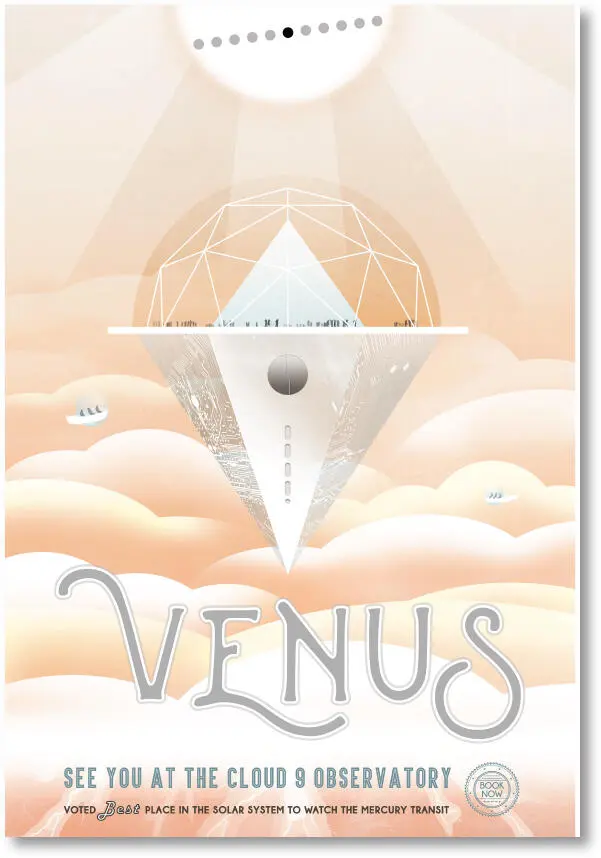
© NASA/JPL-Caltech, Illustrations by Jessie Kawata
David Grinspoon, astrobiologist, on Venusian life:
‘So when we say, as we often do, that Venus is completely uninhabitable, we should put a little asterisk next to that statement, because, we’re talking about the surface environment. But actually if you go up from the surface about 50 kilometres you reach a zone that may be habitable on Venus; in the clouds the pressure and temperature is roughly what it is here on the surface of Earth. There are energy sources in terms of radiation and chemical energy, there are nutrients, there is even liquid water medium – although it’s concentrated sulphuric acid in the clouds – but we now know of organisms on Earth that love concentrated sulphuric acid. So there’s nothing to rule out life in the clouds of Venus and there are even some, I would say circumstantial, facts that suggest the possibility of a biosphere there. I wouldn’t bet on life in the clouds of Venus, but I wouldn’t rule it out until we’ve explored a little more carefully.’
As our Sun gets older, it’s gradually burning hotter and hotter. This is because as it ages the process of nuclear fusion – the fusion of hydrogen into (mainly) helium – gradually leads to an increase in the amount of helium in its core. This rise in helium causes the Sun’s core to contract, which in turn allows the whole star to shrink in on itself, creating an increased pressure that results in a rise in the rate of fusion, and so the energy output of the Sun goes up. If tomorrow the Sun is burning hotter than today, it of course makes sense that in the early days of the Solar System our Sun burned far less brightly. It’s a life cycle that is common to all main-sequence stars, the category of star that includes our Sun, and as the most common type of star in the Universe we have been able to study this life cycle in intimate detail, allowing us to make immensely detailed predictions about the characteristics of our Sun in the past and in the future.
Winding back the clock, the current consensus amongst astronomers is that 4 billion years ago the faint young Sun was at least 30 per cent dimmer than it is today. This cooler Sun would have undoubtedly had a big impact on all of the terrestrial planets. Earth would have been much colder, and as it was receiving far less solar energy it remains something of a mystery as to why our planet wasn’t frozen solid. Instead, at this time on Earth first life was just beginning, in the liquid water that we are pretty certain covered its surface.
At the same time, 3.5 to 4 billion years ago, the young Sun would have bathed Venus in a warmer glow. This ocean world found itself in its very own sweet spot, a world held in a delicate balance. With the Sun weakened and restrained, the Earth-like atmosphere of Venus could act as a gentle blanket, keeping the surface temperate and covered in an abundance of liquid water. But even with this additional solar energy we think Venus would have been cooler than the Earth is today; in fact we believe temperatures at that time would have been like a pleasant spring day here on Earth.
It wasn’t to last. Slowly the young Sun grew brighter, its increased energy output causing temperatures to gradually rise, which in turn began to lift more and more water vapour into the air, thickening the atmosphere and sealing the planet’s fate. Although the oceans of Venus may have persisted for billions of years, as the surface warmed and the atmosphere thickened, the destiny of this planet was already set, driven by an unstoppable process we have recently become very familiar with here on Earth.
The greenhouse effect is a process that has the power both to protect and to destroy a planet, but despite this power it actually boils down to some pretty simple physics. It’s all about how sunlight – solar radiation – interacts with the constituent parts of an atmosphere. In the case of the Earth, as solar radiation hits our atmosphere some of it is reflected straight back out into space, some is absorbed by the atmosphere and clouds, but most of the sunlight (about 48 per cent) passes straight through the atmosphere and is absorbed by the Earth’s surface, where it is heated up. The reason so much solar radiation makes it to the surface is because the gases in our atmosphere, like water vapour and carbon dioxide, are transparent to light in the visible spectrum. When you think about it, that’s pretty obvious because there’s a source of visible light in the sky, the Sun, and we can all see it! But it’s a different story when that sunlight heats the surface of the Earth and re-radiates back out not as visible light but as the longer-wave infrared light – thermal radiation.

© HarperCollins
‘Venus hasn’t stopped heating up, and we believe that as the Sun continues to age, billions of years into the future, it’s going to continue getting hotter. Eventually that means that Earth will go the way of Venus.’
Читать дальше
